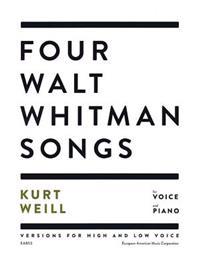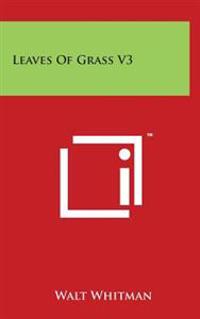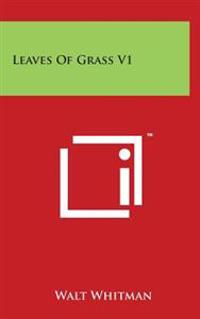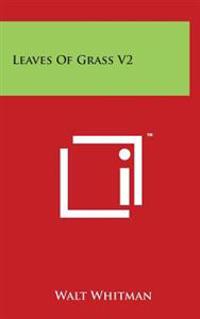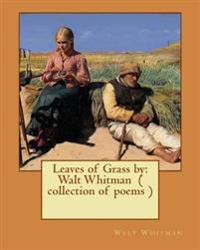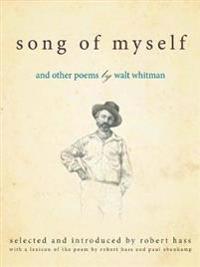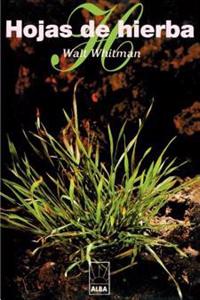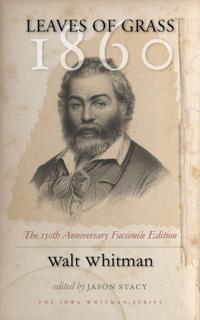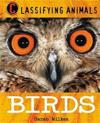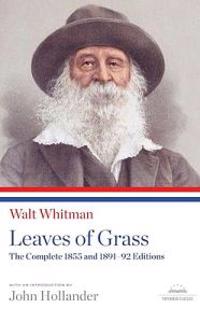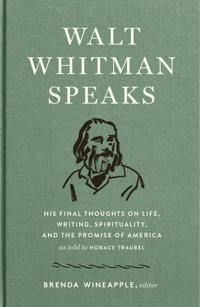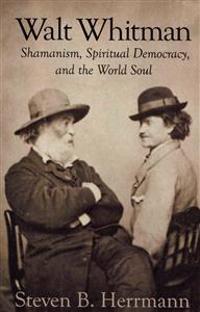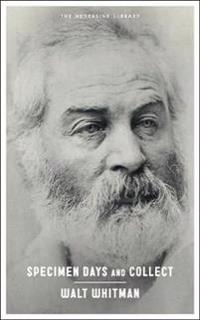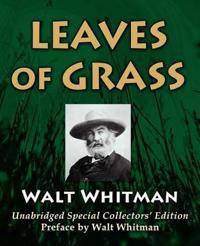Four Walt Whitman Songs: Versions for High and Low Voice (Häftad)
ISBN: 9781480362314 - UTGIVEN: 2013-12(Vocal). Newly engraved and edited edition. With a detailed foreword. Includes versions for both High and Low voice in one volume.[...]
Leaves of Grass by: Walt Whitman ( Collection of Poems ) (häftad)
ISBN: 9781542919623 - UTGIVEN: 2017-02Song of Myself: And Other Poems (Häftad)
avWalt Whitman, Robert Hass
ISBN: 9781582437118 - UTGIVEN: 201103Tao of Walt Whitman (Häftad)
ISBN: 9781591811046 - UTGIVEN: 2011-03Walt Whitman, whose "Leaves of Grass" was called 'the secular Scripture of the United States' by Harold Bloom, is a source of contemporary inspiration. His ecumenical wisdom, which includes both transcendentalism and realism, is encapsulated here in short verses for each day of the year. These, alon[...]
Leaves of Grass: The Complete 1855 and 1891-92 Editions (Häftad)
avWalt Whitman, John Hollander
ISBN: 9781598530971 - UTGIVEN: 201101In 1855, a small volume appeared, self-published by a failed Brooklyn journalist and carpenter: twelve untitled poems and a preface announcing the author's aims. A commercial failure, this book was the first stage of a massive, lifelong enterprise. Six editions and thirty-seven years later, "Leaves [...]
Walt Whitman: Shamanism, Spiritual Democracy, and the World Soul (Inbunden)
avSteven B. Herrmann
ISBN: 9781609116996 - UTGIVEN: 2010-06Specimen Days & Collect (Häftad)
avWalt Whitman
ISBN: 9781612193861 - UTGIVEN: 2014-11Whitman's uniquely revealing impressions of the people, places, and events of his time.
One of the most creative and individual poets America has produced, Walt Whitman was also a prolific diarist, note-taker, and essayist whose intimate observations and reflections have profoundly deepened unde[...]Walt Whitman (cd-bok)
ISBN: 9781843799764 - UTGIVEN: 2016-09Seer, prophet, visionary, preacher, Walt Whitman stands out as one of poetry's towering anomalies: in celebrating the trees, water, sky and air, the bear, the eagle, the buffalo and the lion, Whitman expressed a uniquely democratic vision that engulfs not only the American continent but the entire [...]
Poetry and Prose (Pocket)
avWalt Whitman
ISBN: 9781883011352 - UTGIVEN: 199607Gathers the original 1855 edition of "Leaves of Grass," the 1891-92 edition--the last published in Whitman's lifetime--his writings on New York history and the Civil War, and other works, with a chronology and information on his work.[...]
Walt Whitman Selected Poems (Inbunden)
ISBN: 9781931082327 - UTGIVEN: 2003-01The author of The Western Canon surveys Walt Whitman's significant poetic works, from early notebook fragments of Song of Myself to the late poems of Good-bye my Fancy.[...]

